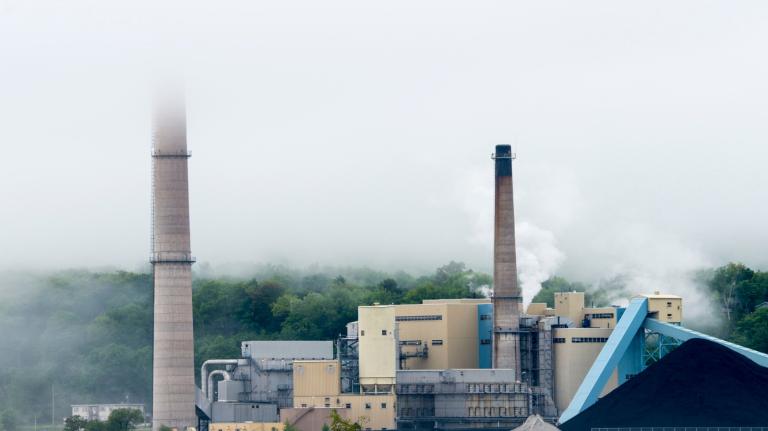The following post is by Earl Killian, guest blogger at Climate Progress.
—–
In Hell and High Water, Joe lays out his proposals for how to slow down our greenhouse-gas emissions in the first half of this century, giving us the breathing space to eliminate them in the second half. His program primarily consists of deploying existing technology, and it is quite doable, should we find the political will.
His last proposal, however, is to “stop all tropical deforestation, while doubling the rate of new tree planting.” I’ve always considered this to be the toughest item on his list to acheive. So it is encouraging to find a group that is working directly on pieces of the problem. Rainforest Action Network has launched a campaign to stop U.S. agribusiness expansion in the rainforests. In a recent action, they have asked Archer Daniels Midland to sign a pledge to halt their palm oil madness. In particular, the pledge asks ADM to “once and for all commit to halting all direct or indirect engagement with companies that destroy tropical rainforest ecosystems for industrial biofuels.”
RAN is using a tactic that they have honed over the years: find a small number of U.S. companies connected to a problem and highlight that association to tarnish their public image until they back down from fostering the problem. It is often the case that a targeting a few high-profile firms provides significant leverage that would not be possible targeting individual plants or farmers. For example, at a RAN press event held at the ECO:nomics conference in Santa Barbara, Ed Begley Jr. said,
An ADM subsidiary, the Wilmar Group, is the world’s largest producer of palm-based biodiesel and is clearing tropical rainforests in Indonesia that are among the last remaining habitats of the critically endangered orangutan. U.S. agribusiness giants ADM, Bunge, and Cargill account for 60 percent of the funding for Brazil’s booming soy crop. Soy has become a leading cause of deforestation in the Amazon as Brazil has overtaken the United States as the world’s largest exporter of soy, largely due to American farmers planting more corn for ethanol.
This effort is part of RAN’s Rainforest Agribusiness campaign (defending forests, family, farmers, and our climate), which is one of four main thrusts. As part of their Global Finance campaign to end destructive investment, RAN has also been fighting the Wall Street investment banks to end their funding of coal power plants, and they have been quite dogged about pursuing their quarry. Their other campaigns are Freedom From Oil (to jumpstart Detroit) and Old Growth (to preserve endagnered forests).
Learn more about RAN’s ADM pledge petition here.
This post was created for ClimateProgress.org, a project of the Center for American Progress Action Fund.

